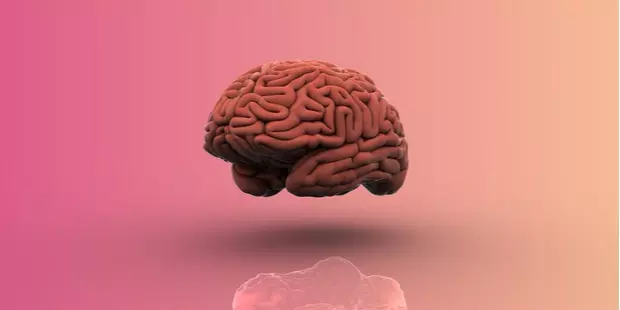Problem-solving, concentration, and quick thinking. Those are some of the traits most poker guides will help you develop before you play poker online. But for some reason, not many guides address one key element required to master online poker: good memory.
When the words "poker" and "memory" appear in the same sentence, your mind will probably go straight to card counting. And while this is certainly an important technique you should learn - your memory will come in handy on other occasions as well.
How exactly can you use your memory to get better at the game? And what needs to be done to improve your memory for this purpose? Now you have a chance to discover the answers to these questions.
Memory, Poker, and Everything in Between
So, how can you use your memory to master poker?
As we've mentioned before, most casino players use their memory to count cards – especially in blackjack. The same technique can work in live poker as well, as players can try to calculate which cards remain in the deck and which combinations they can make.
However, when it comes to online poker, counting cards won't work, as the automated algorithm uses a full deck of cards every round. But in this case, other types of memory can come in handy to increase your chances of winning a few hands.
Short-term and Long-Term Memory in Poker
First of all, you have working memory – a cognitive system that stores information temporarily. Since working memory can only hold on to details for up to 30 seconds before either discarding it or encoding it into long-term memories, this system is highly selective. It has to filter out irrelevant information and focus on important details to help you make decisions.
That is a major part of poker, as every time another player makes a move – you have to quickly assess the situation and decide how it can affect the outcome of the game. In fact, a study reported by Science Direct, conducted in 2012 showed that working memory capacity was just as important as poker knowledge in improving a player's performance at the tables.
On the other hand, you have long-term memory. Interestingly enough, we often use explicit memory patterns when playing online poker. That means that we use our conscious thoughts to better remember the game's progression. Sometimes, we rely on episodic memory of any previous poker plays, trying to find patterns that can apply to the current game.
But on other occasions, we use semantic memory – general and undisputed knowledge – to figure out the right way to react in a clear-cut situation.
Trusting & Training Your Memory to Get Better at Poker
When playing poker online, you can't rely on your usual memory patterns to master the game. For example, studies show that episodic memory is rather unreliable, as we reconstruct those memories as time goes by.
Also, our brain is designed to filter and ignore irrelevant information. That means that if you don't pay close attention to the detail – you won't be able to recall them at a later date. And that's not all! Scientists also believe that our memories are affected by strong emotions. That means that your memories aren't as objective as you want them to be, and you can't always rely on them to get reliable information about the game.
But that's not the end of the world, as you can always train your memory and use it to your advantage as you play poker. Here are a few tips you might find useful:
- Test your memory – Try to recall useful details randomly to see whether you can access the information quickly.
- Back your memory up with notes – Since you can't always trust how your memory works, write down anything you deem important as you play poker. You will be able to access your notes at a later date to verify whether you remember things correctly or not.
- Use associations – If you want to remember specific details about your opponents – for example, who's playing aggressively and who bluffs more often than not – you can use funny associations to remember the smallest details.
- Play, play, play – The more you play the game and practice, the better you will remember crucial details.
In Conclusion
Your mind is your strongest weapon when it comes to playing poker. Do you think you're prepared to use this tool to get better at the game?

